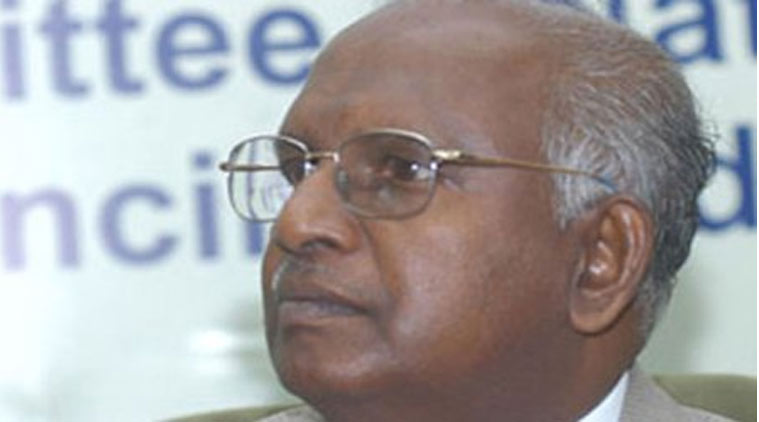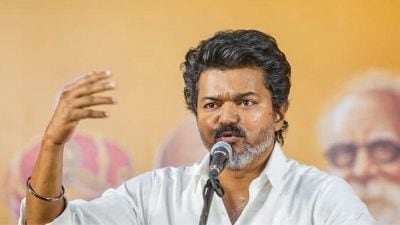Stay updated with the latest - Click here to follow us on Instagram
Attacks on minority religious places sullying India image: NHRC chief
Balakrishnan said he didn’t see anything wrong if a person, who had converted to another religion, were to reconvert to the original religion.
 NHRC Chief K G Balakrishnan has asked the government to deal with such incidents swiftly and strictly.
NHRC Chief K G Balakrishnan has asked the government to deal with such incidents swiftly and strictly.Stating that attacks on religious places of minority communities “sully the image of India” and send “a wrong message” to the international community, National Human Rights Commission (NHRC) chairperson Justice K G Balakrishnan has asked the government to deal with such incidents swiftly and strictly.
Asked about the attacks on churches and the ‘ghar wapasi’ reconversion campaign of right-wing Hindu organisations, Balakrishnan, a former Chief Justice of India, said: “These should not happen. It sends a wrong message to the international community about our country. People think bad about India, especially since this country has a great track record of maintaining its secular tradition. This was the case even before the word secularism was added to our Constitution. Everyone must feel secure.”
“If there is any instance where an Indian feels insecure because he belongs to a particular community or an institution associated with his community is under attack, it will create a wrong impression about India internationally.”
[related-post]
Asked if he shared the view that such incidents, though they occurred earlier as well, have increased after the change of guard at the Centre, Balakrishnan said: “There has been repetition of some incidents in Delhi. That is why we called the Delhi police commissioner and asked him about the remedial steps being taken.”
“There have not been very serious attacks. We have been told that most of these attacks are the handiwork of miscreants, mischief-mongers, that there has not been any violent criminal activity. But these can lead to something major. Some disgruntled elements may disturb peace. That is why we can’t simply ignore these incidents. Minorities must be reassured. The Prime Minister has made certain statements. In future, if any incident happens, senior government functionaries must react swiftly to reassure citizens,” he said.
Asked if he was of the view that there was a feeling of insecurity among minorities, the NHRC chief replied in the negative. “No. As of now I don’t think they have such a feeling. But they certainly feel annoyed over these minor incidents. They don’t think there will be some serious incident. But we must understand that in this country, religion and language are touchy subjects.”
In response to another question, he said he didn’t see anything wrong if a person, who had converted to another religion, were to reconvert to the original religion but this could not be through use of force or allurement. “Voluntarily one can come back to his earlier religion. But I am against use of force or inducement. It is not acceptable,” he said.
But can’t the government do more to control the fringe elements? “How can you expect a political party to do it? Fringe elements have always been there in all political parties. The government must ensure safety of citizens and make them feel secure. Prime Minister Modi invited all SAARC leaders to his swearing-in. The US President and many other world leaders have come here. India is no longer a minor player on the world stage.”
“We have a global appeal. And that is the reason why we must work according to our global stature. In such situation, there is no place for disharmony among people. It sullies the image of India. Even a minor incident is played up by the western media. When I go abroad, it is difficult to find something good about India in their newspapers. But one negative incident and it is there in the news. We must control that,” he said.
On the Supreme Court order striking down Section 66A of the Information Technology Act as unconstitutional, the former CJI said it was an important judgment that had once against upheld the Constitutional guarantee of freedom of speech and expression. “But at the same time, the government must ensure that people, who are aggrieved by those misusing social media, have an effective remedy. The rights of such people should also be protected,” he said.







